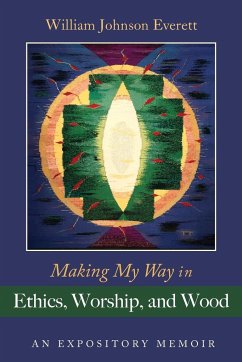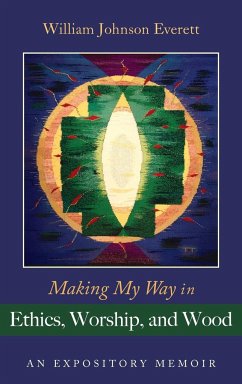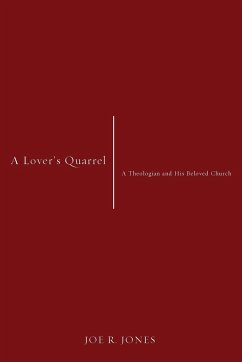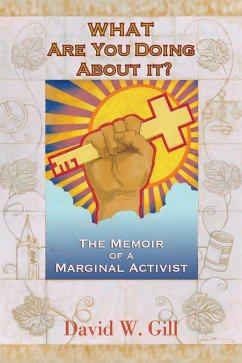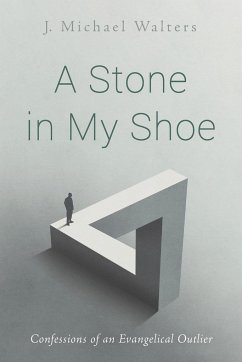William Everett has taught in Catholic and Protestant theological schools in the United States, Germany, India, and South Africa. Out of these rich and varied experiences he lays out here in concise manner the main concepts, theories, and commitments that have emerged in his work. From his origins in Washington, DC, to his later research in Germany, India, South Africa, and Cyprus, he reflects on how his experience and life story have shaped his intellectual and religious vision. This exposition of his thought ranges from construction of frameworks for relating Christianity to the behavioral sciences to substantive engagement with concepts of covenant and constitutionalism, the oikos of work, family, and faith, and ecological and restorative justice. Moving beyond the academic, he shows us how his poetry, liturgies, historical fiction, and woodcraft also manifest many of these themes in other forms. In this exposition and interrogation of his life and work, Everett invites us into deeper reflection on the connections that constitute our own.
Bitte wählen Sie Ihr Anliegen aus.
Rechnungen
Retourenschein anfordern
Bestellstatus
Storno

